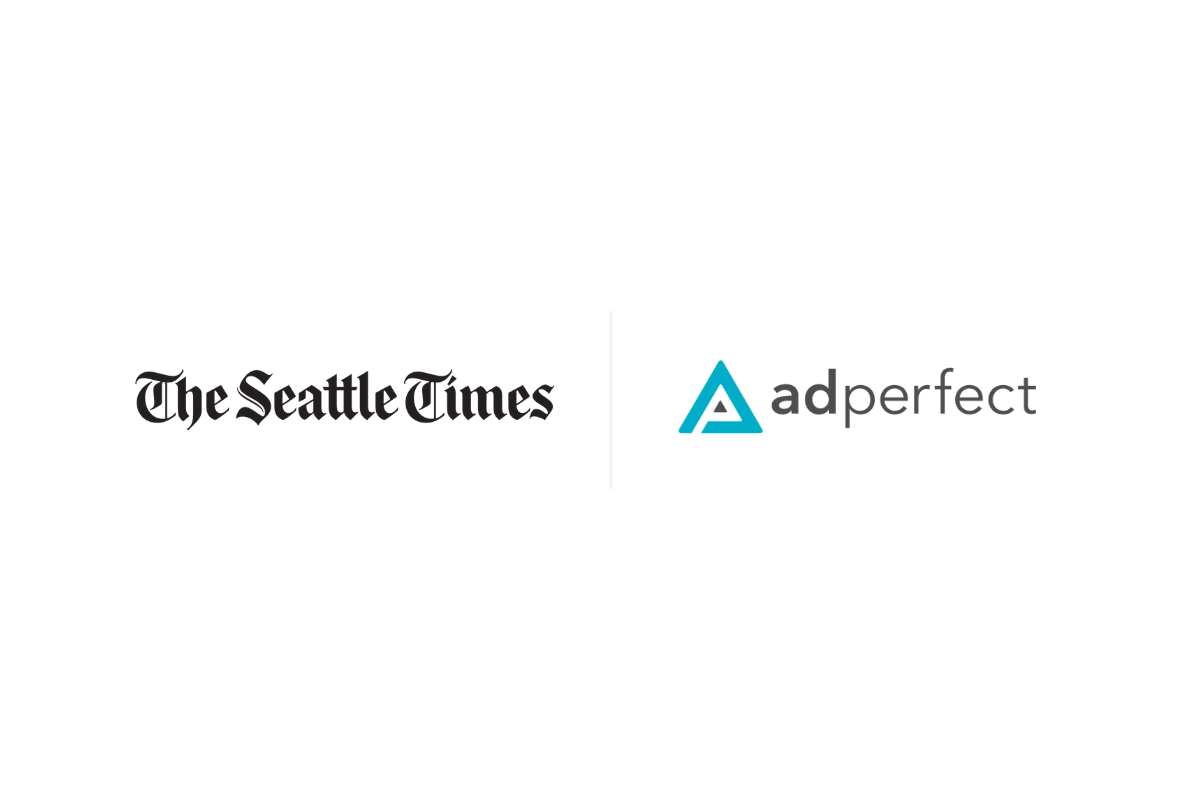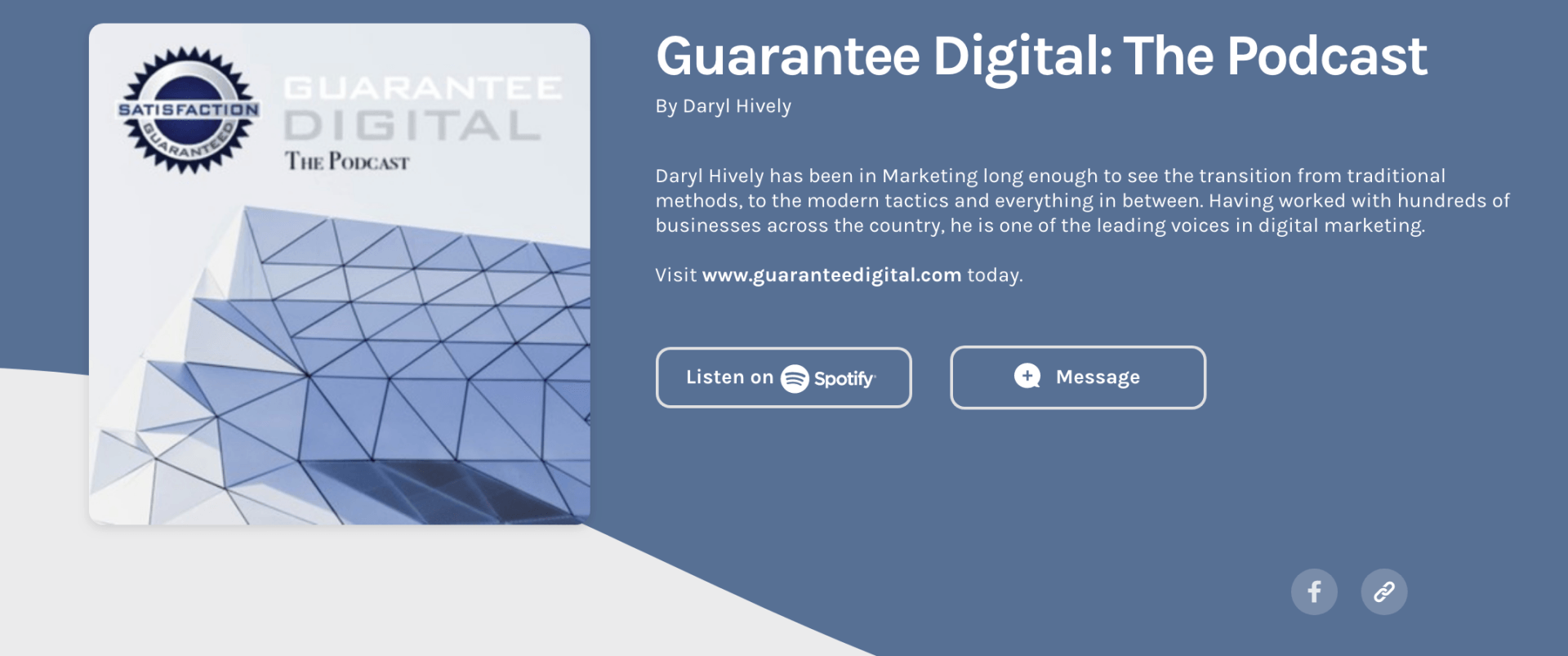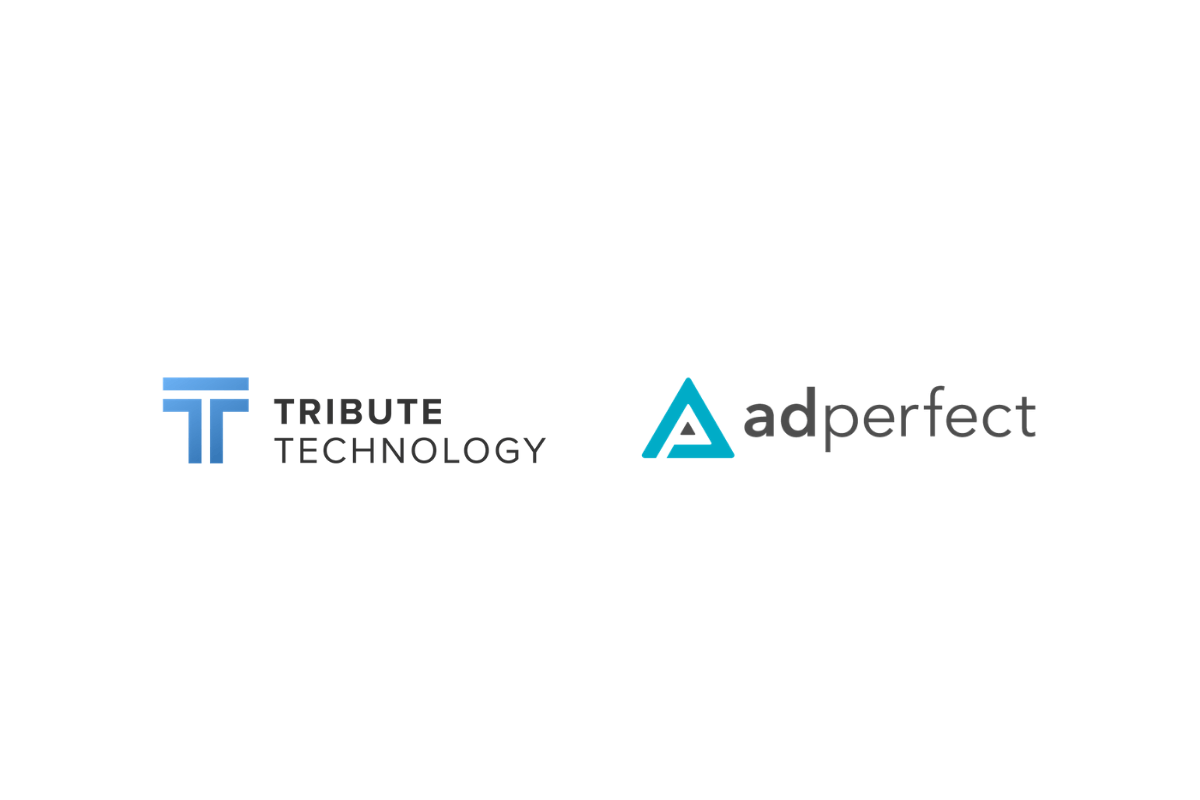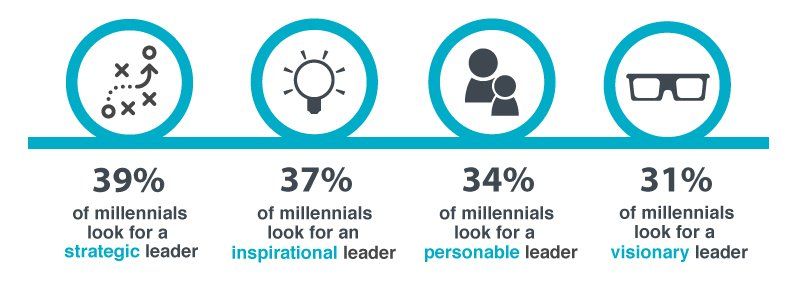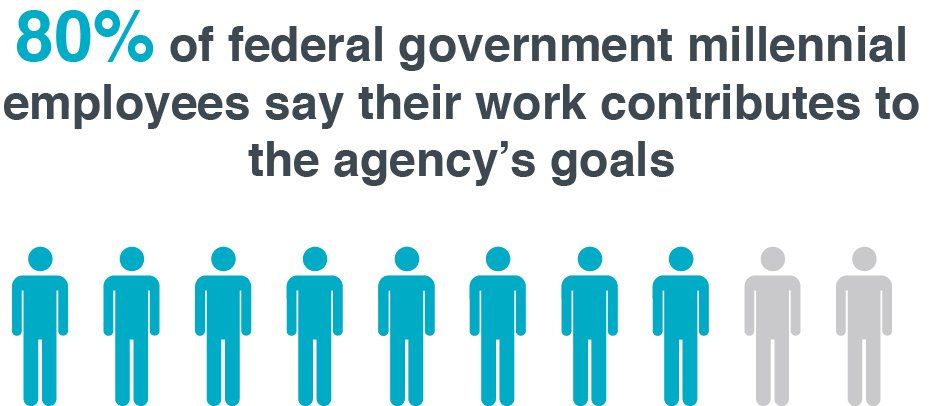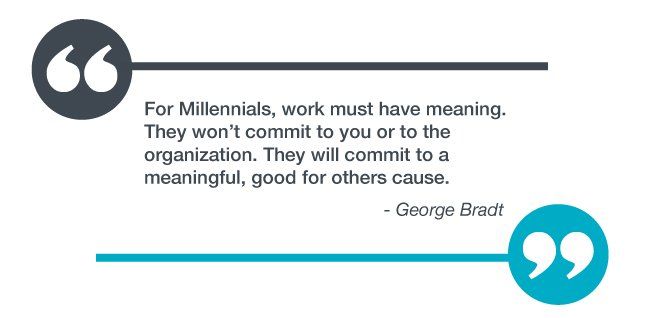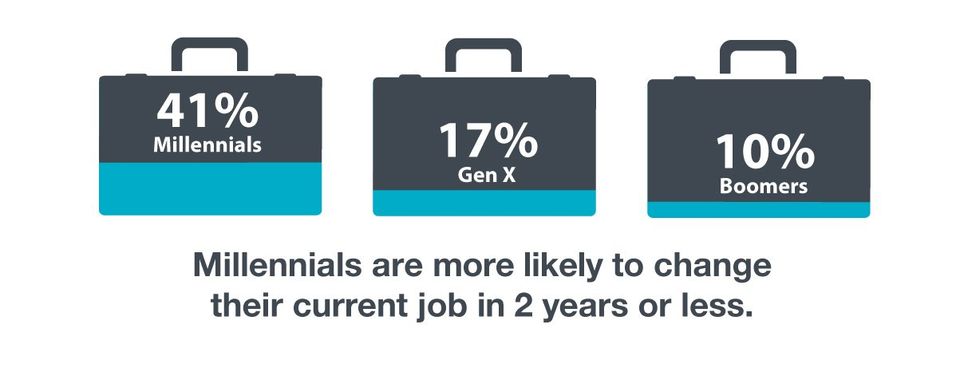Millennials in the Workplace
The cycle of generations is an inevitable process that can cause disruption to the routine of a working environment. Differences in personality types, individual values and work schedules can create conflict among employees and management. Understanding and empathizing with other generations is vital to a healthy work environment. As the millennial generation begins to enter the workforce in a prominent way, coworkers and managers are trying to find ways to adapt while still attracting the most talented individuals. Every worker is different and it is impossible to predict exactly how one will behave, but a variety of studies show that millennials possess traits that all hiring managers would benefit from knowing.
Good leadership is a key part to any employee’s happiness and if a valuable connection between management and employees is there, it can contribute to a very successful environment. An overarching rule tends to be that people respond well to confidence and this doesn’t differ among generations. Decisions must be made proactively, however millennials feel that they should be a part of the decision making process more than Generation X. Whether it be a large or small contribution, that is an aspect that is highly valued among this generation. A very noticeable difference is what millennials look for in a leader’s attributes. According to a Deloitte study, today’s Millennials place less value on visible (19%), well-networked (17%), and technically-skilled (17%) leaders. Instead, they define true leaders as strategic thinkers (39%), inspirational (37%), personable (34%) and visionary (31%). This is shown in a number of political elections, most notably the 2012 US Presidential vote. Barack Obama appealed to youth with a clear vision and a personable demeanor, even though Mitt Romney was older and had more experience in the political scene. Obama received 67% of the 18-29 year old bracket nationally and eventually won the election. The inspirational, long-term vision and electric personality that Obama based his campaign around is an approach that many business leaders can learn from.
Generation X and Baby Boomers have typically valued career advancement in the workplace very highly. The ultimate goal tends to be to push profits, grow the business and end a career at the highest position in an organization. This school of thought is something that millennials do not share; they want to feel like they are really contributing to the business and society as a whole. Rewards are based upon seeing tangible progress from their work for the business, as opposed to promotions and working up the hierarchy. This is one area where the federal government of America successfully hooks young workers: 80% of millennial employees say they can see how their work contributes to their agency’s’ goals, and 86% say the work they do is important. From a management perspective, it is very important that when tasking younger employees, you should show them where their efforts are going during and after the process. This can benefit managers in the long run as it ultimately hands over more responsibilities to workers for their actions directly benefiting the organization. The methods used in the past of telling employees to get the job done and don’t ask questions should be abandoned when dealing with millennials.
A notable reason for millennials signing onto a particular company is a sense of purpose the organization has in society. This generation wants to feel like they are a part of a bigger cause than just making money and surviving. A company must have values that line up with the millennial employee, almost like a relationship. The organization is perceived as more than just the place they go to work; it is a part of their self-identity. This explains why for 6 in 10 Millennials, a “sense of purpose,” is part of the reason they chose to work for their current employers. Founder and Chairman of PrimeGenesis, George Bradt explains that, “for Millennials, work must have meaning. They won’t commit to you or to the organization. They will commit to a meaningful, good for others cause.” A way many companies are adjusting to this trend is through increased pro bono or charitable work. Setting aside time at scheduled intervals throughout the year to perform these good deeds have been proven to improve employees perceptions with upper management and the company as a whole.
This ties into the work-life balance differences among generations as well. Gen Xers typically developed an attitude of ‘clocking out’ and beginning their free time once their shift ends. However, if millennials are working for a company that matches their morals and values this distinction between work and home life is blurred. An example of this switch is shown by employees integrating their personal mobile phones with a work plan, also called BYOD (bring your own device). If this age group is happy working and identifying with a company, then there is much less of a concern having work updates at home. Due to this work-life merging, millennials now expect employers to provide opportunities that improve their life away from the office; which is in the form of ‘perks’. Other generations place more value on a position based on the salary earned but according to a Glassdoor study, 89% of employees aged 18-34 prefer benefits or perks to pay raises. These perks range from optional time off, dental and medical plans, a company car or an occasional free lunch. This generation strives for the feeling of their company really caring about their well-being and wanting the best for them.
For every experience that a Millennial exposes themselves to, it is expected that they will want to gain something from it. This is common across human nature, but managers should expect to nurture and train a millennial throughout the time they are with a company. Experts have attributed this to a parenting style where younger millennials were showered in compliments and self-confidence was built up from a young age. These young professionals look for guidance from their elders and there is no exception in the workplace. A company culture must have growth opportunities for a millennial to strive as, 76% of millennials think professional development opportunities are one of the most important elements of company culture. A tactic that managers can take is to understand the expectations of a young worker arriving to a company and providing them with a clear outline on how they will develop their skills.
It is important for every business to attract and retain talented human resources in order to strive. Millennials have recently become the most prominent generation in today’s workforce and it is important for the business world to understand how they think, feel and work effectively. How to lead individuals is a dynamic and complicated process but it is an ever changing method that must be adjusted to the age group one is dealing with. Seeing the end result from work efforts and being involved in decisions are all noticeable changes from the newest generation to the last. A company culture is increasingly more important and millennial employees seek a company they can associate with. All of these studies can be used to enhance the performance and attract millennials, however the most concerning statistic is that 41% of millennials expect to be in their current job for two years or less (compared to 17% of Gen X and 10% of Boomers). They simply are not as committed to the long term future of their companies as much as their elders and this must be a piece of information to take note of. Understanding millennials and using the techniques described, managers can maintain workplace happiness and hopefully create long-term careers.
